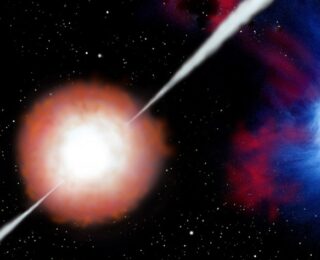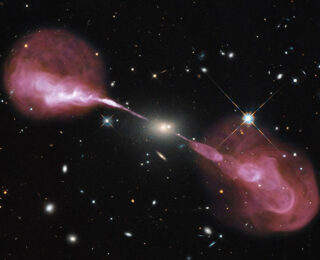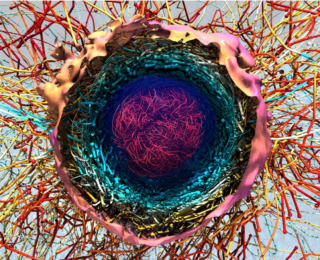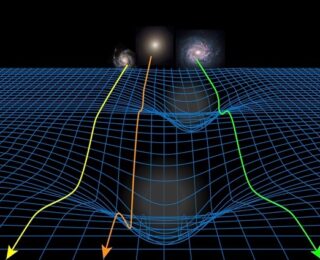
A Gamma-Ray Blast from the Distant Past
GRB 210905A is one of the longest, most distant, most energetic, and most luminous gamma-ray bursts that we’ve ever detected. What can we learn from this outstanding outburst?

GRB 210905A is one of the longest, most distant, most energetic, and most luminous gamma-ray bursts that we’ve ever detected. What can we learn from this outstanding outburst?

How have magnetic fields in galaxy clusters evolved throughout cosmic history, and what can these fields tell us about magnetism in the early Universe? Thanks to a few tricks from radio astronomy, today’s authors have some answers.

How do neutron stars acquire such strong magnetic fields? Why do these fields differ between pulsars and magnetars? Today’s paper suggests that *convective dynamos* may be at play.

Cosmic magnetic fields are everywhere, but we don’t know where they came from. Today’s paper looks at simulations of the earliest fields in the Universe to try to solve this magnetic mystery.

Why is the Universe’s expansion accelerating? We have no idea! But, maybe fast radio bursts can provide some clues.